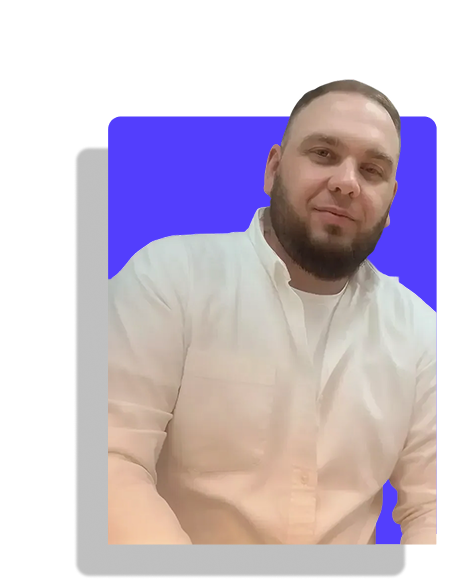ąĀąĄą║ąŠą╝ąĄąĮą┤ą░čåąĖąĖ ą┐ąŠ ą║ąŠčĆą┐ąŠčĆą░čéąĖą▓ąĮąŠą╝čā wellbeing ą┤ą╗čÅ┬ĀHR-čüą┐ąĄčåąĖą░ą╗ąĖčüč鹊ą▓
ą×čéą┐čĆą░ą▓ąĖą╝ ąĮą░ ą┐ąŠčćčéčā ą║ąĄą╣čü ą║ąŠčĆą┐ąŠčĆą░čåąĖąĖ Mars ąÜą░ąĘą░čģčüčéą░ąĮ


We discuss the new HR trend with expert Sergey Antonov and find points of intersection with corporate wellness.
In the pursuit of motivation and team productivity, HR often focuses on mental and physical health. Corporate sports, yoga, and meditation have all become integral parts of a strong HR brand. But what if the key source of stress and burnout lies in an area that companies often overlook?
In personal finance.We discussed with Sergey Antonov, co-founder and CEO of the fintech company Passpay, how employee financial stability has become a strategic priority for HR. We┬Āshare insights and practical recommendations.
.png)


Seemingly, an employee's request for an advance is a routine HR issue. But behind it lies a personal problem that directly impacts the business."
If a person is asking for an advance, it means they have some acute need. This is already a personal cash flow gap," comments Sergey Antonov.
And this gap creates a vicious cycle: the employee is forced to take expensive loans, debts grow, and stress accumulates. As a result, everyone loses."
It's unlikely they are thinking about increasing their productivity. They are worried about how to pay their loan," Sergey believes.
A global trend in solving this problem has been the services providing instant access to earned money (Earned Wage Access). The essence is that an employee can receive part of their already earned salary at any time through a special app, without having to submit a request to the accountant.
"For the employee, there is a kind of app where they can see daily the amount they have actually earned. They are not borrowing, they are not asking for an advance," explains Sergey.
This is especially relevant for two groups:
"It's simple and convenient. Then they receive their salary. It becomes a win-win deal between the employee and the employer."

Providing flexibility is a powerful tool, but it must go hand in hand with improving financial literacy. There is a direct parallel with corporate wellness.
"It's very similar to the gym story. When a person trains alone, they rarely achieve any results. But as soon as they have a coach, progress becomes immediately noticeable. It's the same here," Sergey draws an analogy.
The company can act as such a "coach": organizing workshops, usingAI assistants for budget planning, or creating internal communitiesfor knowledge sharing.
Earned Wage Access is a basic but not the only tool. The palette of financial benefits is much broader:
Caring for physical health changes the atmosphere in companies: stress decreases, energy increases. Financial well-being addresses exactly the same issues.
Even with a limited budget, you can take the first steps:
You can assess the effect by key metrics:
Caring for employees must be comprehensive. You cannot only focus on physical health while ignoring financial well-being, and vice versa. Modern HR is about creating an ecosystem where corporate sports, mental health, and financial stability are interconnected.
"Our task is to change the usual financial tools so that employees can manage their money on their own terms," concludes Sergey Antonov.
Such an ecosystem ensures a stable future for both employees and the company as a whole.